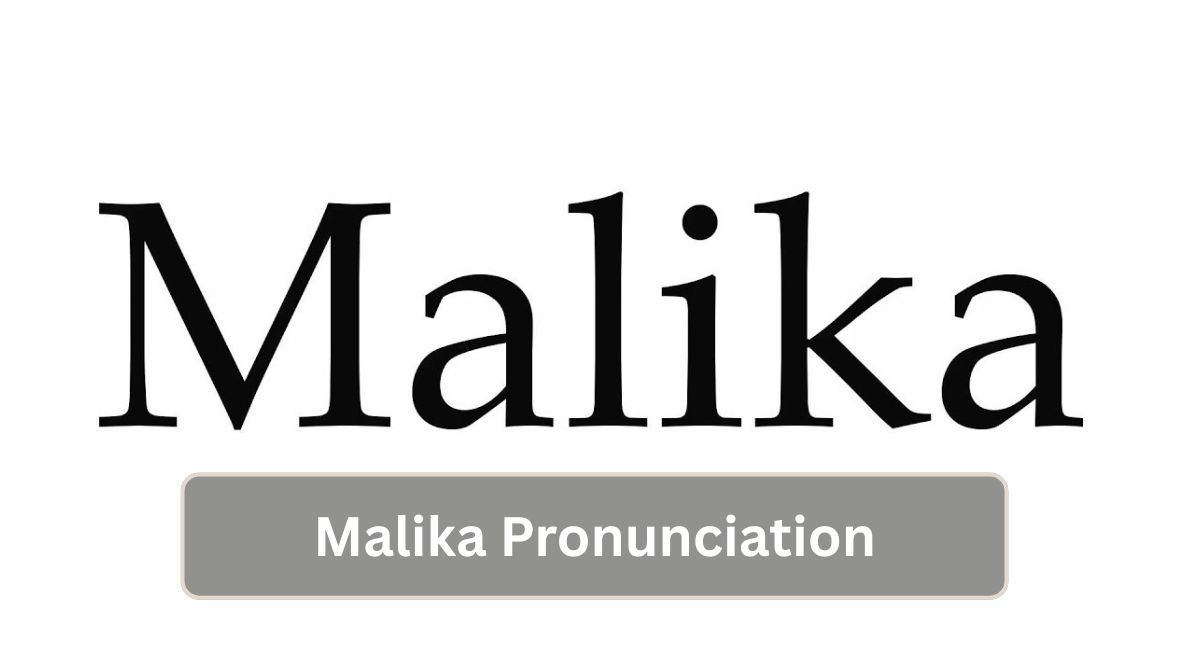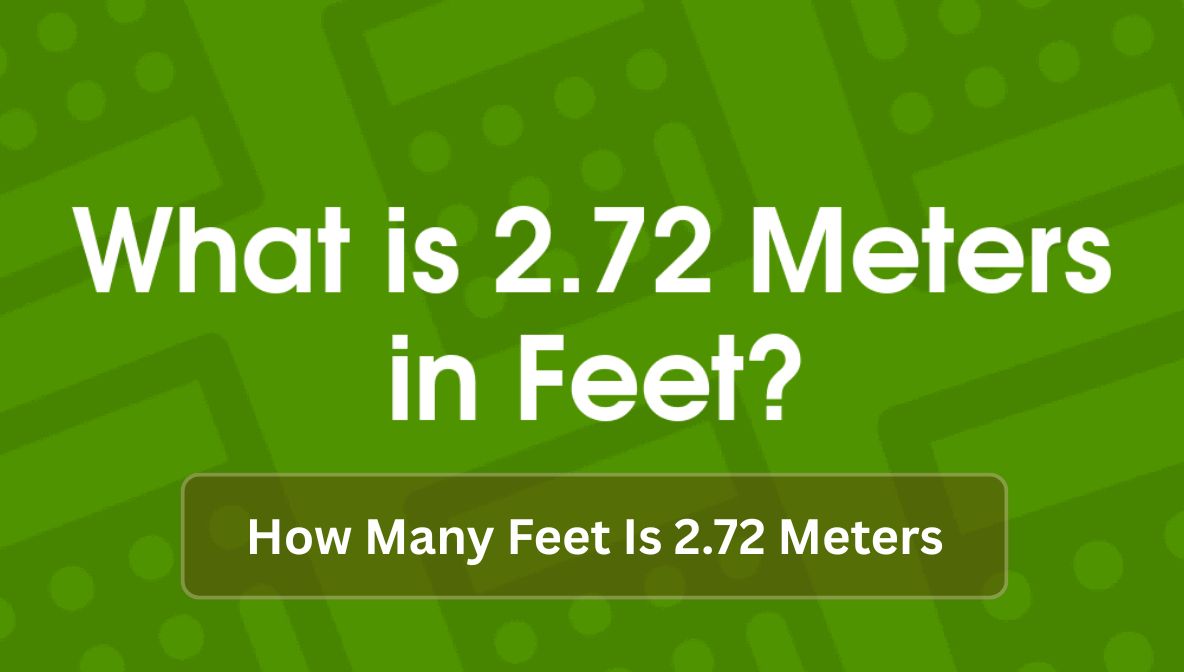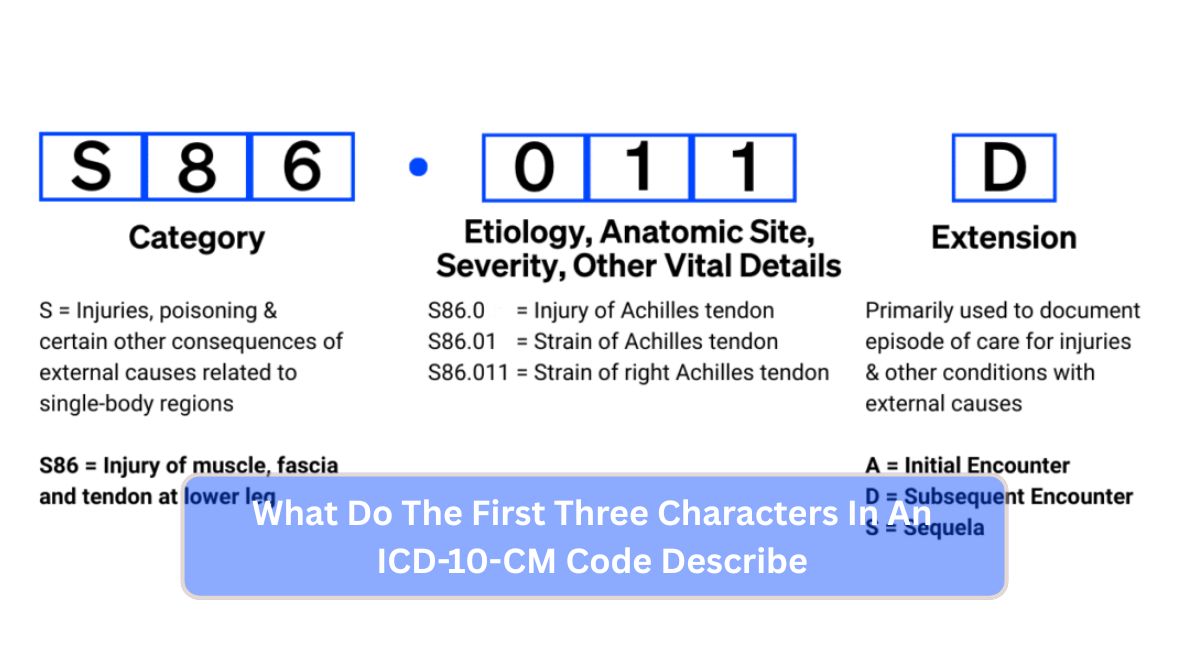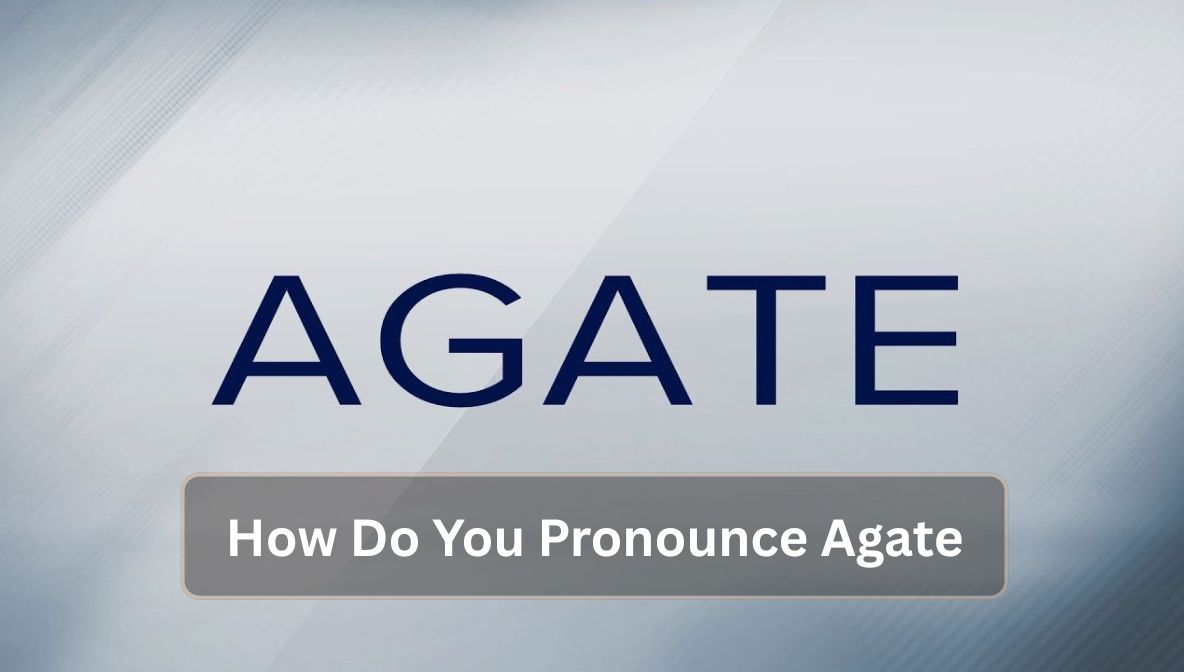The name “Malika” is a beautiful and meaningful name used across various cultures. It is of Arabic origin and means “queen” or “royalty.” People often use it as a first name for girls. While it’s a lovely name, many individuals struggle with the correct way to say it, especially if they encounter it for the first time. In this blog post, we will explore the pronunciation of Malika, answer common questions, and provide tips and examples to help you get it right every time.
3 Key Points:
- Malika is commonly mispronounced due to regional differences.
- The name has multiple pronunciation variations.
- Knowing the correct way can show cultural respect and awareness.
What Is the Correct Way to Pronounce Malika?
The most widely accepted pronunciation of “Malika” in English is “Muh-LEE-kuh” or “MAH-lee-kuh.” The stress usually falls on the second syllable. However, pronunciation can vary depending on geography and culture. For example, Arabic speakers might pronounce it closer to “Ma-LEE-ka,” with a softer “a” sound and clear emphasis on the second syllable.
Here is a breakdown:
| Version | Pronunciation | Region |
|---|---|---|
| English | Muh-LEE-kuh | USA, UK |
| Arabic | Ma-LEE-ka | Middle East |
| French | Ma-LEE-kah | France/North Africa |
Reminder: Always consider the origin of the name when pronouncing it.
For example, someone named Malika from Morocco may prefer the French pronunciation, while someone from the US might use the American-English version. Knowing this helps in social or professional situations where correct name pronunciation is a sign of respect.
Why Are There Different Ways To Pronounce Malika?
Different ways to say “Malika” exist due to regional dialects and language influences. Arabic, French, and English all have their phonetic systems, so they shape the sound of the word differently.
For instance, in Arabic, vowels are often pronounced clearly and evenly. So each syllable in “Ma-LEE-ka” is heard. In contrast, in American English, some syllables are softer or blended together, leading to variations like “Muh-LEE-kuh.”
Note: Regional accents and personal preference both influence pronunciation.
Here is a comparison of how different languages affect the pronunciation:
| Language | Common Pronunciation | Notable Feature |
|---|---|---|
| Arabic | Ma-LEE-ka | Emphasis on clear vowels |
| American English | Muh-LEE-kuh | Blended vowel sounds |
| British English | MAH-lee-kuh | Soft initial syllable |
Understanding these differences is crucial, especially in diverse workplaces or schools, to promote inclusivity.
How Can You Learn To Pronounce Malika Properly?
There are simple ways to learn how to say “Malika” correctly:
- Listen to Native Speakers – Platforms like YouTube and Forvo offer pronunciation examples.
- Practice Aloud – Repeating the name out loud several times can help you remember the right sounds.
- Ask the Person – If you meet someone named Malika, don’t hesitate to ask how they prefer their name pronounced.
For example, someone might say, “Hi, is it MAH-lee-ka or Muh-LEE-kuh?” This shows interest and respect.
Also, consider using pronunciation tools and apps. These resources break down syllables and let you hear recordings of native speakers.
What Are Common Mistakes People Make When Saying Malika?
One common mistake is placing the stress on the wrong syllable. Saying “MA-li-ka” instead of “Ma-LEE-ka” changes the sound and flow of the name.
Another error is mispronouncing the vowels. For instance, saying “Ma-LY-ka” instead of “Ma-LEE-ka”. It may seem minor, but to the person with the name, it can be a big deal.
Here’s an example of incorrect and correct pronunciations:
| Type | Example | Correct? |
|---|---|---|
| Incorrect | MA-li-ka | No |
| Incorrect | Ma-LY-ka | No |
| Correct | Ma-LEE-ka | Yes |
Using the wrong pronunciation might appear careless, especially in formal environments.
Why Does Correct Pronunciation Matter?
Correctly pronouncing a name like Malika shows respect and attention to detail. It can positively influence social and professional relationships.
For instance, in a classroom, a teacher calling a student by their correct name builds trust. In workplaces, addressing someone properly during meetings or emails demonstrates professionalism.
Furthermore, names are a key part of identity. Pronouncing them correctly honors someone’s culture and background.
Conclusion
Pronouncing “Malika” correctly doesn’t have to be difficult. By listening, practicing, and asking politely, you can ensure you’re saying it right. Whether it’s “Muh-LEE-kuh,” “Ma-LEE-ka,” or “MAH-lee-kuh,” always aim to pronounce it as the individual prefers.
By doing so, you show respect, increase your language skills, and build stronger personal connections. And remember, everyone appreciates the effort to say their name the right way.
FAQ’s
Q1. What is the correct pronunciation of Malika in Arabic?
A1. It is commonly pronounced as “Ma-LEE-ka,” with emphasis on the second syllable.
Q2. Is Malika pronounced differently in the US and UK?
A2. Yes, in the US it’s often “Muh-LEE-kuh” while in the UK you might hear “MAH-lee-kuh.”
Q3. How can I be sure I’m saying Malika correctly?
A3. Ask the person directly or use pronunciation tools like YouTube and Forvo.
Q4. Are there wrong ways to pronounce Malika?
A4. Yes, misplacing stress or using incorrect vowel sounds can make the pronunciation incorrect.
Q5. Why is it important to pronounce Malika correctly?
A5. It shows respect, professionalism, and cultural sensitivity.




